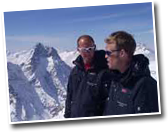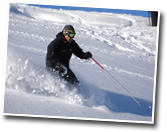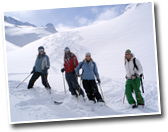The TDC team have a great deal of experience in ski resort work from before they became qualified ski instructors. We gained valuable experience (and stories) along the way. Offices aren’t for everyone and the daily grind of academia can get you down too – so why not pack a bag and become an instructor? If you choose somewhere like Val d’Isere, then it’s likely you’ll be thinking about part-time or full-time work to fund the training and exams required to achieve the highest qualification in ski teaching.
Popular Option: Take part in a GAPski course for your Level 1 & 2, this will include: accommodation, food, courses, training, free skis and lots more!
Ski Bum with ample savings: you may wish to rent a lovely apartment and do the luxury ski bum thing, getting loads of skiing done, building your skills towards becoming an instructor and maybe taking on a level 3 or 4 course such as these.
Ski Bum with limited savings: you could still do the ski bum thing. But it could mean sharing a studio apartment with five (or more) people! Who generally won’t be keen on washing or cleaning. But you’ll probably be so busy skiing it won’t matter. It’s a great option saving money to put towards those instructor exams.
Ski Bum with extremely limited savings/debts: before talking about getting a job, there is one more option and this should be seen as a last chance saloon; sleep in your car for a season! [There will be a complete blog article on this next week]
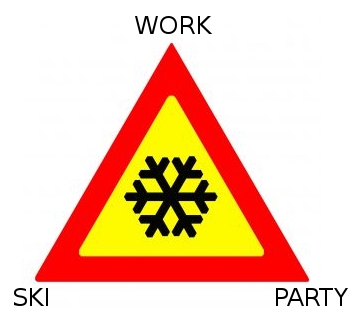
Get a job: if funds are limited then there are a number of jobs in resort that will help keep a roof over your head and facilitate moving towards becoming an instructor. There will be three main aspects to your season: work, ski, & party. It will be tempting to try and do all three – though, will quickly become apparent that at least one of these has to give. Best not to let that be work! So really the choice is between skiing and playing.
Chalet work: this is a good choice if you want someone else to pay for your accommodation, lift pass, ski hire, food (& wine if you’re cunning)! The hours are perfect for maximising ski time – once you’ve struggled through the initial hectic weeks, you should be out by 10AM and shredding powder (or practising your snowplough). I worked for YSE and thoroughly enjoyed my time.
Ski rental shop: also a good option – all the better if you can work 30 hours over just the weekend! Get some sleep and you have 4 days off! You’ll work with all the gear, and hopefully end up having some idea. These hours also count towards those required for your BASI level 1/2 qualification. Snowberry is a good bet.
Ski school office: You’ll find out everything you need to know about the inner workings of a ski school. You’ll have access to free lessons and advice, be able to work out the ups and downs of life on the hill and learn first-hand about the trials and tribulations of the long winding road of instructor exams.
Stagiere / Trainee Instructor: It’s possible to work for a French ski school as a stagiere with a BASI Level 2 and test technique pass (slalom race). This is a great job and the ski school will usually offer plenty of support in finishing your diploma.
Other options: Bar work – if you can make sure you don’t party too hard after your shift you can still manage a good day on the hill. Waitressing work – ditto. Nannying – limited skiing, unless work is thin on the ground and then limited funds. Driving – you might find yourself working a lot when the lifts are open. Chalet maintenance – good choice, only if the chalet is falling down do you really need to curtail your ski day. Band/Solo musician in bars (tres cool).
Whatever you decide to do, whatever route you take, the key is to maximise ski and exam time – some jobs lend themselves to this more easily than others and some companies too. Do your homework about expectations so the job’s and yours meet somewhere in the middle. Working for TDCski, the development centre, we are all qualified to the highest level BASI 4 ISTD, with French equivalence. If you get the balance right – work enough to live, play a bit and ski ski ski… you could be teaching on the slopes in France too.
Coach Clare is currently teaching fulltime with tdc, after having a beautiful baby last April, managing the two is proving tiring, but probably nowhere near as tiring as her season as a chalet girl! [ed]

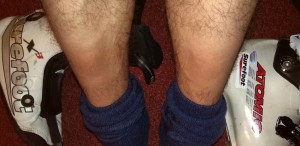
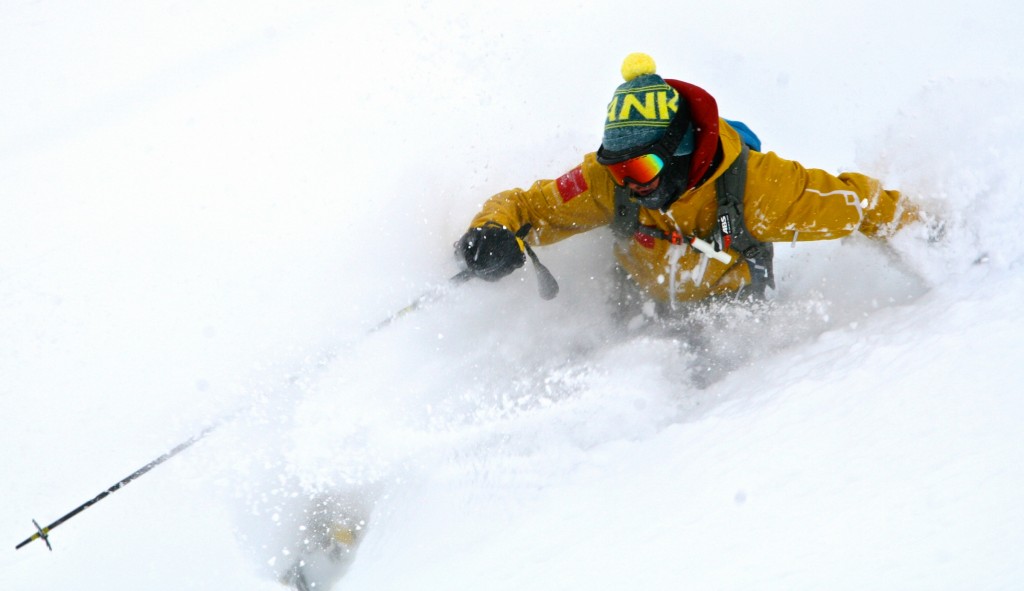
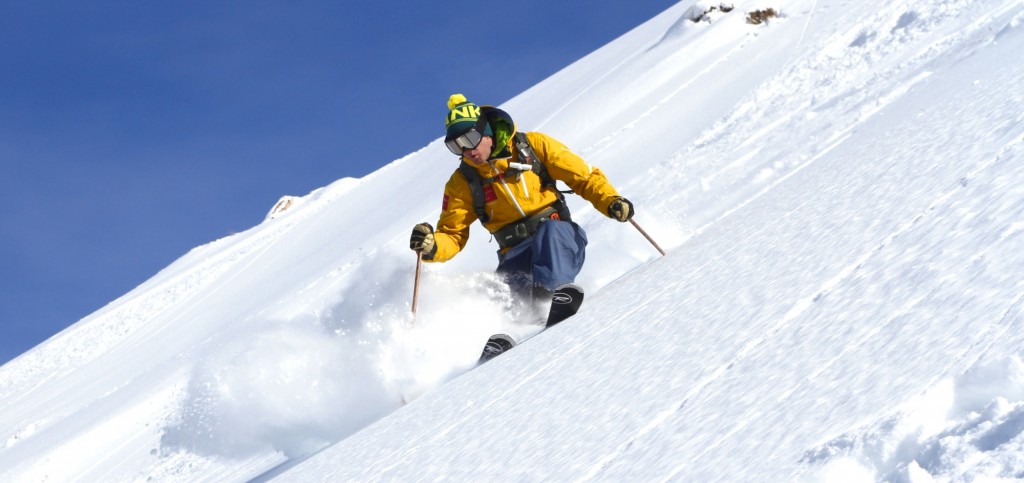
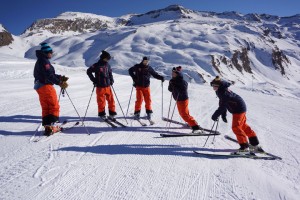
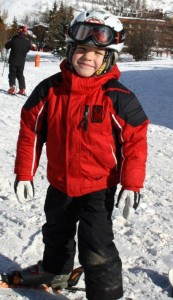
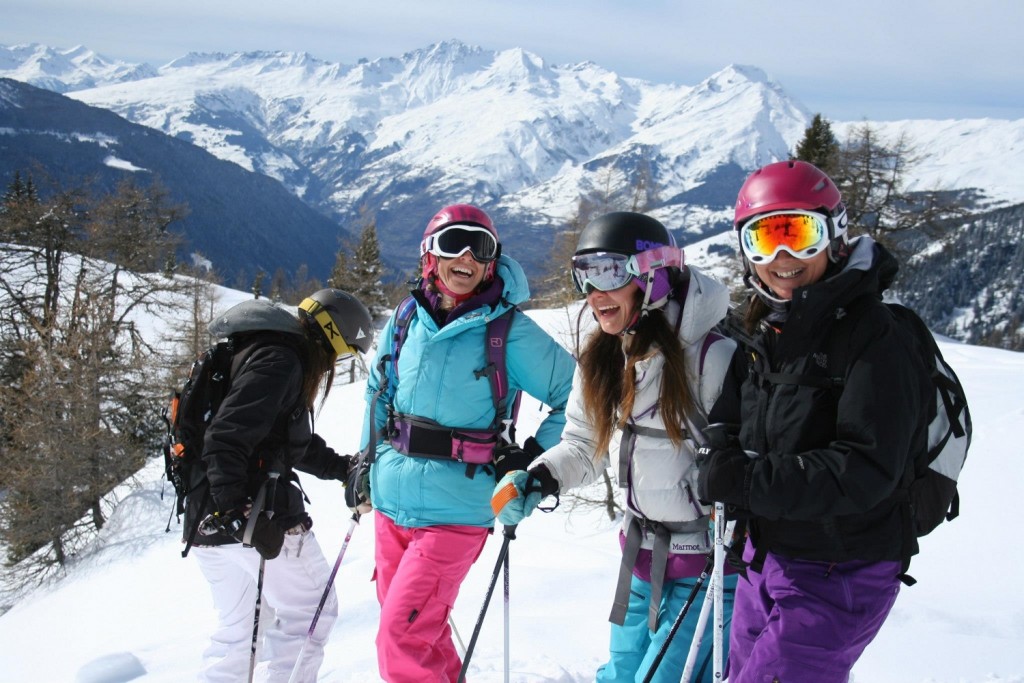
 October Courses
October Courses